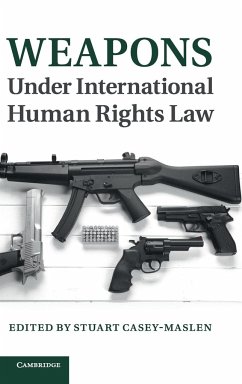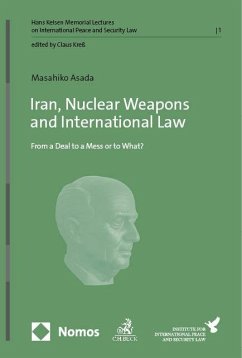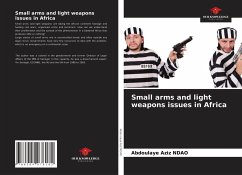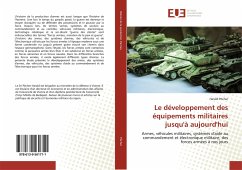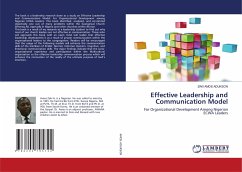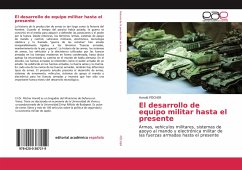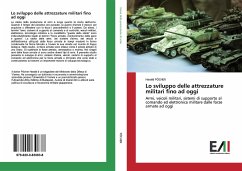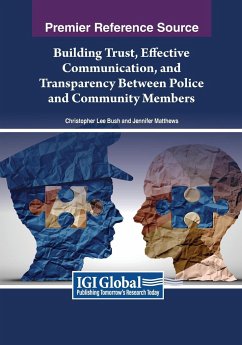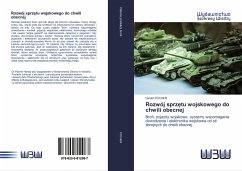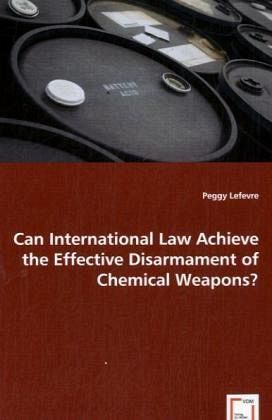
Can International Law Achieve the Effective Disarmament of Chemical Weapons?
Versandkostenfrei!
Versandfertig in 6-10 Tagen
52,99 €
inkl. MwSt.

PAYBACK Punkte
26 °P sammeln!
Chemical weapons are a threat to international security. According to an international convention, the Chemical Weapons Convention (CWC), all chemical weapons fall under a stringent and irreversible disarmament regime that seeks the abolition of the use and existence of chemical weapons altogether. The CWC is considered to be the first verifiable disarmament treaty; furthermore, it targets an entire category of Weapons of Mass Destruction (WMD).Unfortunately there is a gap between the legal requirements of the CWC disarmament regime and its implementation. This gap between the theoretical and ...
Chemical weapons are a threat to international security. According to an international convention, the Chemical Weapons Convention (CWC), all chemical weapons fall under a stringent and irreversible disarmament regime that seeks the abolition of the use and existence of chemical weapons altogether. The CWC is considered to be the first verifiable disarmament treaty; furthermore, it targets an entire category of Weapons of Mass Destruction (WMD).Unfortunately there is a gap between the legal requirements of the CWC disarmament regime and its implementation. This gap between the theoretical and practical aspects of disarmament implies a practical, result-based approach to disarmament throughout this study; it raises doubts about the feasibility of chemical weapons disarmament under international law. The central question of this study is whether international law can achieve the effective disarmament of chemical weapons.A background on the chemical weapons disarmament regime is provided in this study. The legal control of chemical weapons follows a clear evolution, from the ban on the use of chemical weapons in conflicts to the international consensus to disarm them altogether. Concerning the legal control for chemical weapons, questions arise about the type of instrument suited for effective disarmament.As of August 2006 the CWC had been in force for nine years; it is considered to be a well-established treaty and benefits from a very broad membership. However, the disarmament of chemical weapons knows many political, technical and financial difficutlies. It is behind the schedule imposed by the CWC and weapons possessors struggle to meet the environmental and technical requirements provided in the CWC. Throughout this study these difficulties are examined and illustrated with case studies of the main weapons possessors. Such difficulties highlight numerous flaws in the legal regime, at the time of its constitution and during its implementation. Furthermore, they have serious implications for the credibility and authority of that regime.The chemical weapons disarmament regime, as well as other traditional arms control and disarmament instruments, currently evolves in a changing international security environment that is characterized by new threats. The CWC is challenged by new national and international security policies which rely less on traditional legal instruments and more on alternative, political instruments. The role of treaties such as the CWC is questioned and challenged, which in turn threatens the continuation of and commitment in chemical weapons disarmament. This study concludes with an analysis of the evolution of the chemical weapons disarmament regime in this changing environment, and proposes alternatives and changes that are more suitable for achieving effective disarmament. While the weaknesses of the chemical weapons disarmament regime must be acknowledged, it remains a useful security tool; there are no grounds to question its existence entirely.



